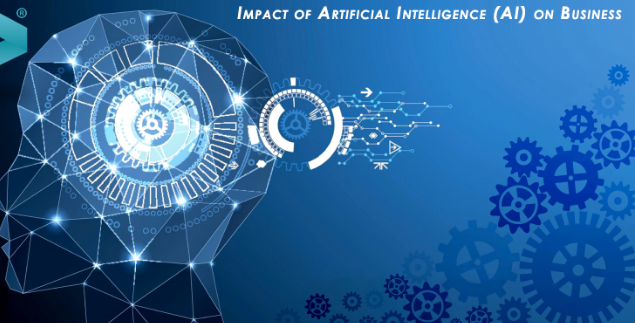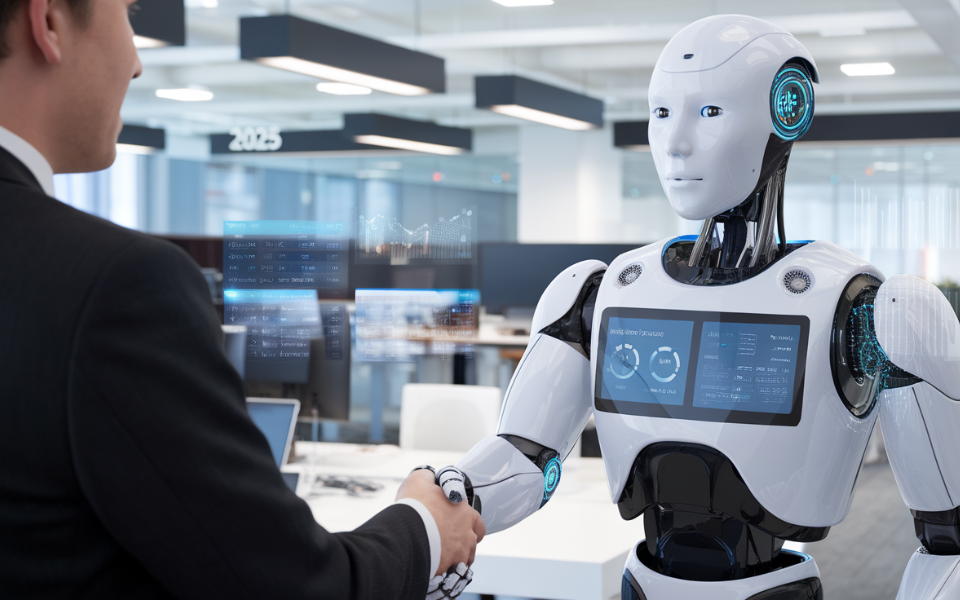Artificial Intelligence (AI) is reshaping the way businesses operate, compete, and grow. From automating tasks to delivering deep insights, AI’s impact is being felt across industries and business functions. Whether you’re running a small enterprise or a multinational corporation, understanding AI’s influence is essential to stay ahead in a digitally driven world.
Operational Efficiency and Cost Reduction
AI enables businesses to streamline operations by automating repetitive and time-consuming tasks. From processing invoices to managing inventory and handling routine customer queries, AI-driven automation reduces human error and labor costs. Companies can shift their focus to higher-value strategic activities, improving overall productivity.
Enhanced Customer Experiences
AI has transformed how businesses interact with customers. Intelligent chatbots, recommendation engines, and predictive support allow for faster, personalized, and more effective service. These tools help businesses respond to customer needs in real-time, improving satisfaction, loyalty, and retention.
Smarter Decision-Making
Data is a valuable resource, but AI unlocks its full potential. AI systems analyze massive amounts of data quickly, identify patterns, and provide actionable insights. Business leaders can make faster, data-driven decisions in areas like marketing, finance, supply chain, and human resources, reducing guesswork and improving outcomes.
Innovation in Products and Services
AI is fueling innovation by enabling new business models and smarter product development. From AI-powered health diagnostics to intelligent financial planning tools and personalized learning apps, companies are using AI to create unique, adaptive, and user-focused offerings.
Competitive Advantage
Early AI adopters often outperform their competitors. By leveraging AI for insights, agility, and personalization, businesses can improve time-to-market, offer superior services, and attract more customers. In competitive markets, AI can be the differentiator that drives growth.
Workforce Transformation
While AI may automate certain tasks, it also creates opportunities for new roles that focus on managing and interpreting AI outputs. The workforce is evolving, with more emphasis on digital skills, collaboration between humans and machines, and continuous learning to stay relevant in an AI-driven world.
Risk Management and Security
AI strengthens business resilience by detecting potential risks before they escalate. Fraud detection systems, cybersecurity tools, and predictive maintenance solutions use AI to prevent losses, improve compliance, and ensure smoother operations.
Real-Time Business Agility
With AI’s ability to process information rapidly, businesses can adapt to changing market conditions instantly. From dynamic pricing models to demand forecasting and real-time customer feedback analysis, AI equips businesses to respond with speed and precision.
Conclusion
The impact of AI on business is profound and far-reaching. It’s not just about technology—it’s about transformation. As AI continues to evolve, its role in driving efficiency, innovation, and strategic growth will only expand. Businesses that understand and embrace this impact will be better positioned for success in the future.







Leave feedback about this